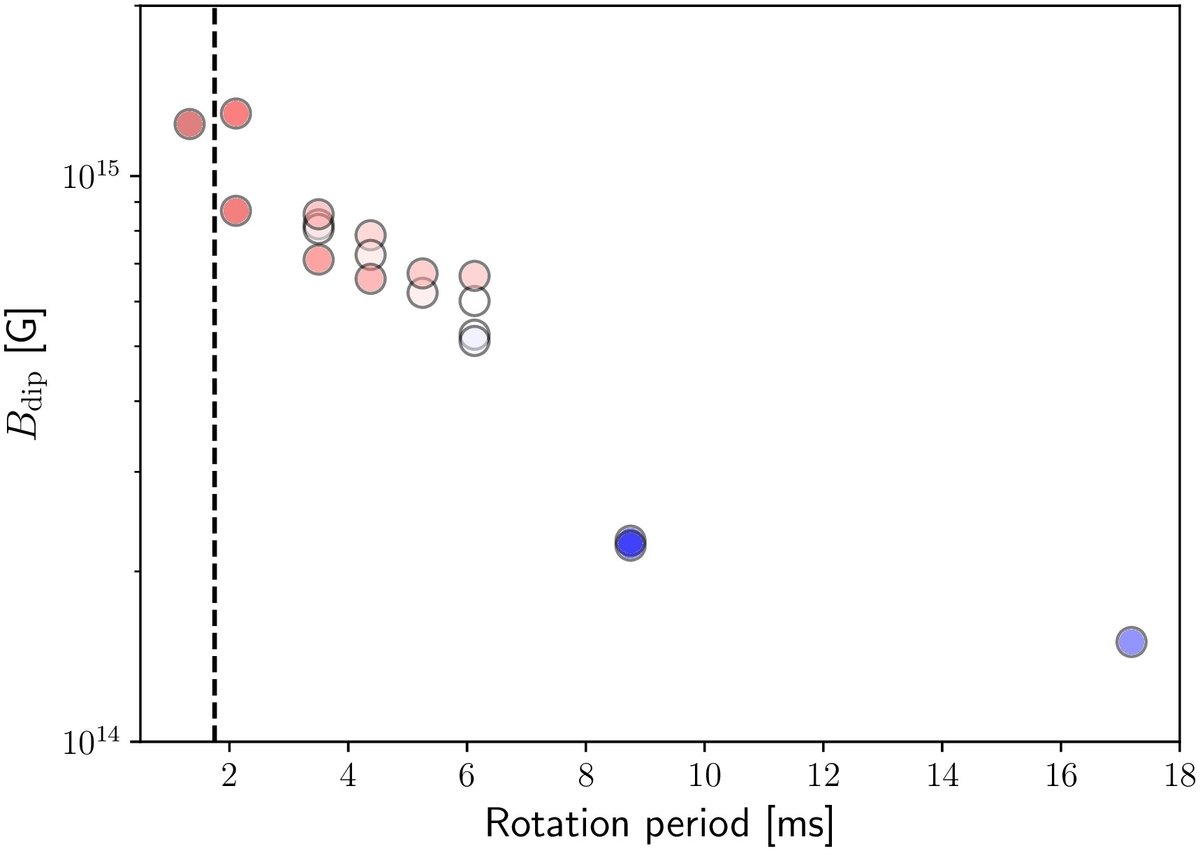How can Bulgarian Students Score Better in Reading and Math?
In 2012, Bulgarian students performed better in math and reading on the PISA international student assessment test compared to 2006, but their scores were not significantly different from those of 2000. In the meantime, neighboring countries like Turkey, Serbia, and Romania managed to overtake Bulgaria, despite their lower spending per student.

Prof. Zbigniew Marciniak was invited by the World Bank as a keynote speaker at the conference to share lessons learned in Polish Education Reform in the late 1990s
How can teaching and learning in Bulgarian schools be improved? The World Bank’s latest report entitled How can Bulgaria improve its education system? analyzes PISA 2012 and past results, and proposes recommendations that could bring about positive changes.
Presented today at the international conference on quality and equity of education organized by Teach for Bulgaria, the European Commission, and the World Bank, the event gathered more than 250 experts and professionals from Bulgaria and Europe to discuss ideas and share experiences in successful state policies and school practices.
The Word Bank report reveals that the equality of opportunity in the education system of Bulgaria is the lowest among the EU countries that participated in PISA 2012. The students in “elite” public schools are ahead of their peers in ordinary schools by almost three years of schooling. Students living in urban areas scored as much as 90 points higher (or more than 2 years of schooling) than students in rural areas. The early selection of students based on their abilities creates extreme segregation of students and schools.
“The World Bank is a longstanding partner of Bulgaria. We are committed to providing evidence-based advice to support the country in its effort to strengthen the performance of the education system,” said Tony Thompson, World Bank Country Manager for Bulgaria, the Czech Republic, and Slovakia.
In order to promote equal opportunities for all and improve the overall performance of students, Bulgaria could consider interventions in six key areas:
•Postpone to a later period the ability-based selection of students that currently happens after grade 7;
•Extend preschool education to all minority and vulnerable kids by at least two years before they enroll in primary schools;
•Re-evaluate the curriculum and assessment framework with a main focus on reading, math, and science;
•Increase schools’ accountability, especially in rural areas;
•Promote effective classroom management and strengthen teaching practices; and
•Improve the quality of educational resources (i.e., books, lab equipment, and technological hardware and software)
Facing similar challenges 15 years ago, Poland implemented sweeping education reforms that launched the country among the world top 10 performers in PISA. According to Professor Zbigniew Marciniak, former Polish Under-Secretary of State at the Ministry of National Education, Polish success was mainly driven by the improvements of low achievers. Prof. Marciniak was invited by the World Bank as a keynote speaker at the conference to share lessons learned in Polish Education Reform in the late 1990s.
Source: World Bank
- 360 reads
Human Rights
Ringing FOWPAL’s Peace Bell for the World:Nobel Peace Prize Laureates’ Visions and Actions

Protecting the World’s Cultural Diversity for a Sustainable Future

The Peace Bell Resonates at the 27th Eurasian Economic Summit

Declaration of World Day of the Power of Hope Endorsed by People in 158 Nations

Puppet Show I International Friendship Day 2020

